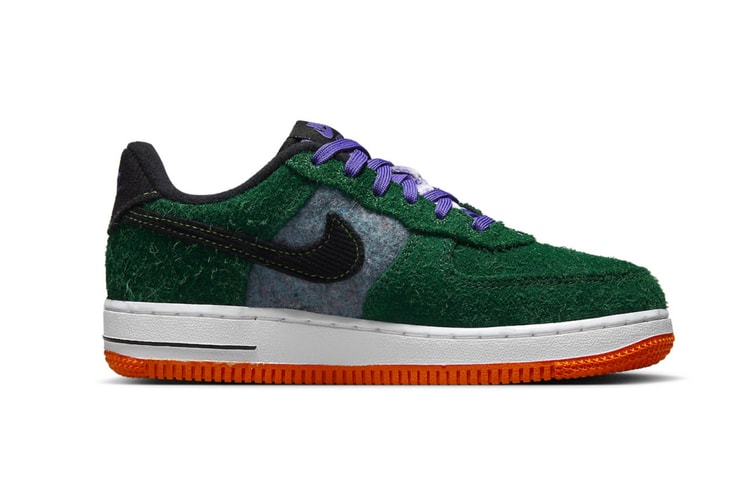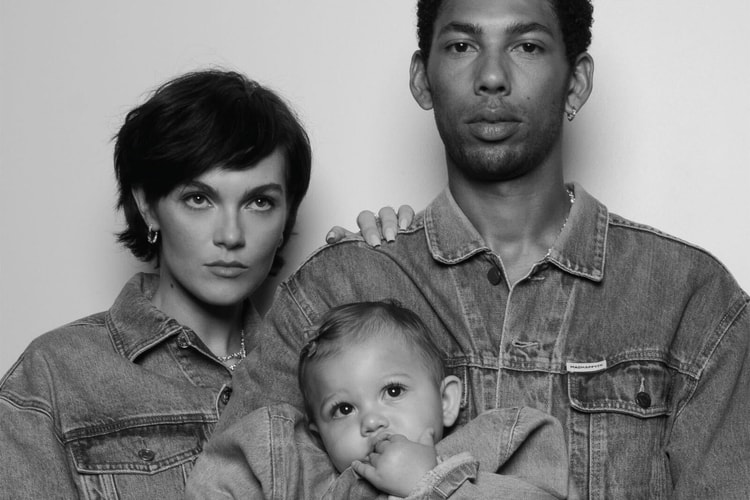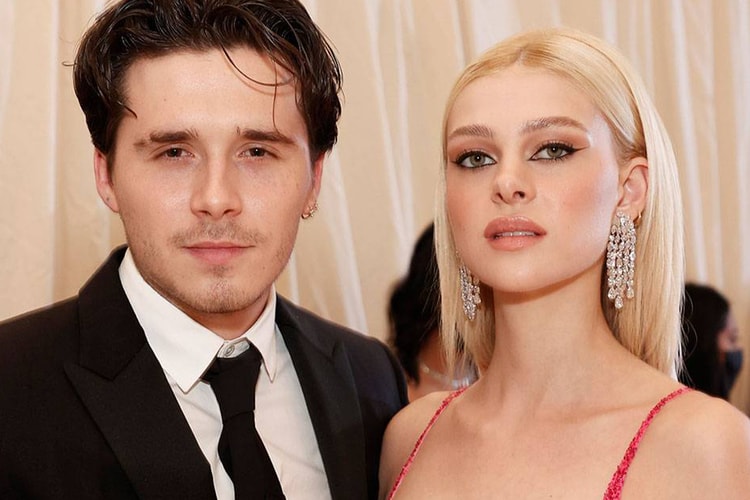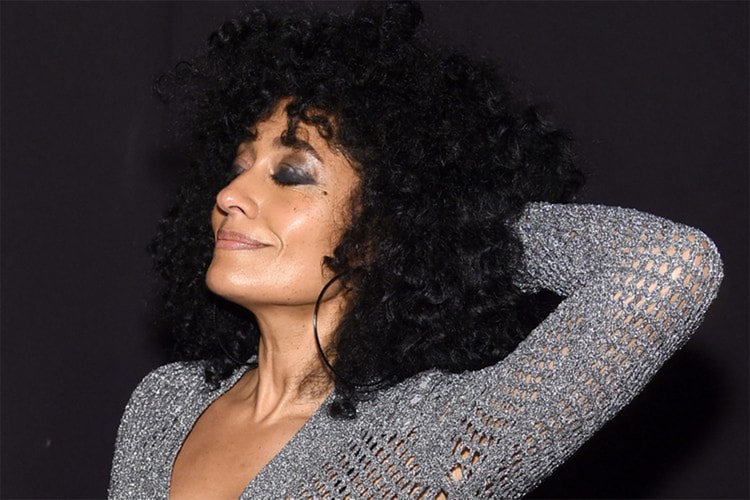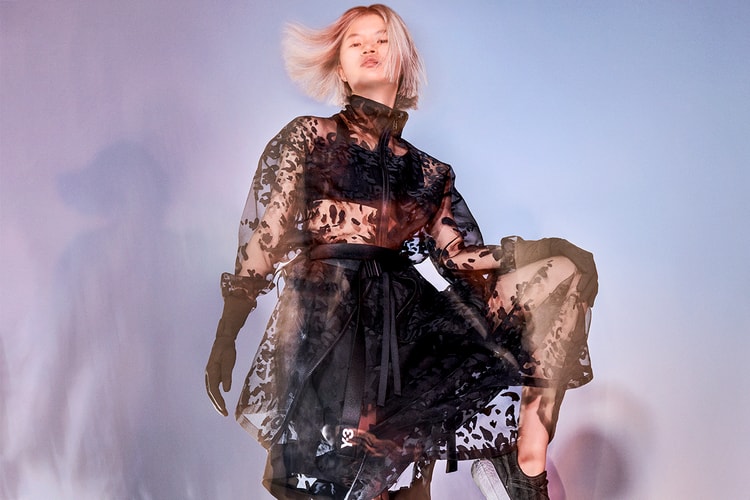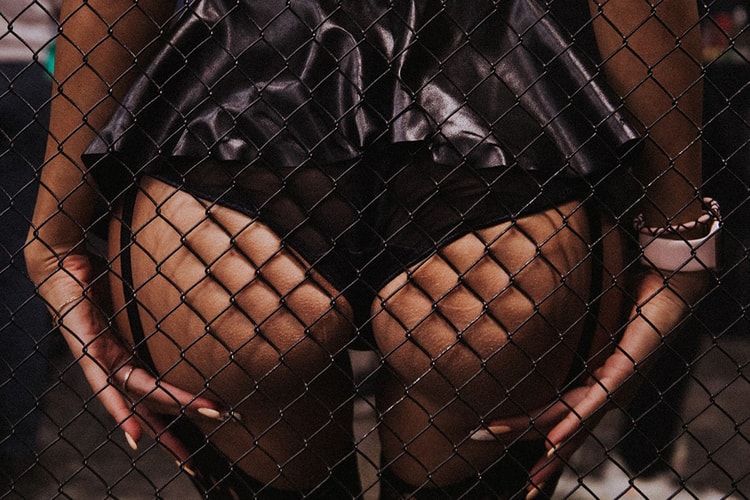
EXCLUSIVE: Arden Cho On Netflix's 'Partner Track' and the Audacity Asian-American Women Experience in the Workplace
“Do we just grind, work hard, get there and then fix it? Or do we fix it along the way?”
This post contains spoilers.
Arden Cho sparked discussions about the mistreatment of Asian-American women in the workplace after being offered less than half the pay of her Teen Wolf reboot colleagues — even though she was an integral part of the plot. As a result, the actor declined the reboot and has since transitioned into a leading role in Netflix‘s latest drama Partner Track. And for those wondering, her new character is equally as audacious.
The series follows the life of Ingrid Yun, first-generation Asian-American fighting to make partner at Parsons Valentine, a prestigious New York City law firm. For any women of color in the chat, you know the term prestigious in regards to institutions usually signifies a covert battle riddled with microaggressions.
Now imagine balancing a complicated love life with 80-hour work weeks, the pressure of your immigrant parents, mothering your younger sibling and of course, the d-ck swinging contest that comes with power and male colleagues. Every layer of Ingrid’s life is riddled with politics and the pressure to make others happy, while also creating her dream life.
The journey proves to be impossible, however, one thing Ingrid refuses to ever do is let a man win the spot she believes she deserves. Unfortunately, this lands her in several moral dilemmas that make her wonder if this job is even worth it. But, she sticks to her growingly chaotic life, plot twist after plot twist.
She eventually loses the fight for partner after being played by her lover — yes, you read that correctly. The woman who refused to let the d-ck swinging contest get in her way, lost to it. The worst part, is that her boss believed she deserved the role, too. Although heartbreaking, the series covers many themes all people of of color face in the workplace and aims to educate those who aren’t keen.
So, keep reading for Cho’s take on Ingrid’s experience as an Asian-American woman in the workplace and how it affected her character.
Ingrid battled many issues from microaggressions to manipulation in work and love. Out of these many struggles, which do you think weighed on her the heaviest? And why?
For Ingrid, definitely, the toughest is letting down Tyler, played by Bradley Gibson, by choosing her boss and work over her friends. Especially a friendship where they’ve been each other’s allies. Of course, they are different. But there’s something that they share that other coworkers aren’t really going to understand. Whether it’s in the looks in the office, or just their history together of everything that they went through. She doesn’t truly stand up for him when she needs to.
Honestly, I felt sick to my stomach filming that. Gibson and I were both just like, “Oh, this is the worst, but so necessary.” There’ll be good from this, but us doing it is so painful.
I agree. This representation is layered, but ultimately important because minorities will experience similar themes in the workplace.
Right. In the show it happens so much. Even her boss, Marty, tells Ingrid to “pay attention” to certain clients because of “good repertoire.” Which really means “Oh, well, you’re Asian, and they’re Asian, so why don’t you take care of them?” And it’s funny, I’ve talked to many Asian female attorneys who said it happens all the time. I know Korean lawyers who said things like “Oh, yeah, I got stuck on every Asian client case, even if I was the wrong kind of Asian.”
What stood out to me was her fellow Asian mentor’s lack of interest in her in the workplace. It was very clear that she was turned off by her, which was strange because she’s a woman, as well.
What was interesting is that the character actually reminds me a lot of many people. And I think it’s because as minorities, it’s already so tough for us to get there. When we get into these positions, it’s almost like a trigger. A lot of this pain and trauma, they had to battle alone. So they just don’t have the energy, or the heart and capacity to help the next generation. It’s almost like it’s like generational trauma.
Ingrid’s experience is similar to the metaphor “You’re shot in the foot before you can even start the race.” For example, in that scene where she goes to sit down at the meeting table and her paralegal just takes her seat. It makes you wonder: How are you supposed to lead in the workplace, while your literal seat is being taken right in front of you?
Right? Oh my gosh, that’s one of my favorite themes. Because it’s like, the audacity. This is so ridiculous and she wants to scream so badly. But Ingrid is so good, she keeps her cool and gets right to business. This is when you see how smart she is. Unfortunately, she’s got to bite her tongue and she’s got to play the game. She’s so smart. I would have probably lost it.
But also how sad is it that she’s experienced that so much in her life and career that she doesn’t skip a beat when she’s mistaken as the paralegal? Women go through that all the time and then if you react, you’re bitchy or you’re emotional and you can’t have a high-level position.
People will say things like, “Oh, well, are you on your period?” Like, excuse me? If you were this disrespected on a daily basis, you would not have it. I feel like with shows like this, we get to show those scenarios and educate. Hopefully, people can see that it’s not fair. It’s unjust.
This is one of the few series, in my opinion, that captured the full picture. From the older generation avoiding Gen Z and millennials to the experiences of a successful queer Black man in love. It made me wonder how they represented so many communities so well in only ten episodes.
Goosebumps. I love that you said that because I always say that too. Sometimes, you know, you read some criticism, but then you’re like, wait, you haven’t seen the show? You don’t know yet. Gibson and I always talk about this. Like, how special is it to see two successful, strong black men? Really even that dynamic is interesting, right? Two leaders together. That’s also really special. And I feel like Gibson’s character Tyler, in the office is not about him being gay. He is in this world and he’s a cutthroat lawyer fighting for a partner just like Ingrid. That’s just his life. Yeah, they complain about it. But I love that they’re not saying woe is me.
“I will not measure progress in inches.”
He has one of the best lines in the show when he’s like, “I will not measure progress in inches.” It’s one of my favorite scenes. Because what is the right way? Do we just grind, work hard, get there and then fix it? Or do we fix it along the way?
We are having these educated conversations and challenging one another, to open our eyes and be aware of who’s around us. A lot of the moments in the show to me that are very special are the ones that people will see and say, “Oh, wow, I kind of know this scenario. And I might have offended somebody in the past.” They’ll say, “Oh, I didn’t know that was a microaggression.” Or, “I didn’t know that was sexist.” I think that’s so special. So I can’t wait for people to see that.
In hindsight, do you think it’s worth it to work your way up the ladder and secure a high-level position to change things? Or do you think we should just say f-ck it and create our own space?
I think we’ve just got to find a nice blend. You’ve got to be able to find the healthy middle and I think it takes allies on both sides. You’ve got to come together and support one another. It can’t just be like, “f-ck it, I’m out,” or “grind grind grind,” because I think both are too extreme. Also, I really believe in allies. I believe in people supporting people. I believe in community and I believe that life is better, not alone.
This interview has been condensed and edited for clarity.
For more content on the Asian-American experience, click below and meet the fire New York designer, Sandy Liang.
View this post on Instagram




















